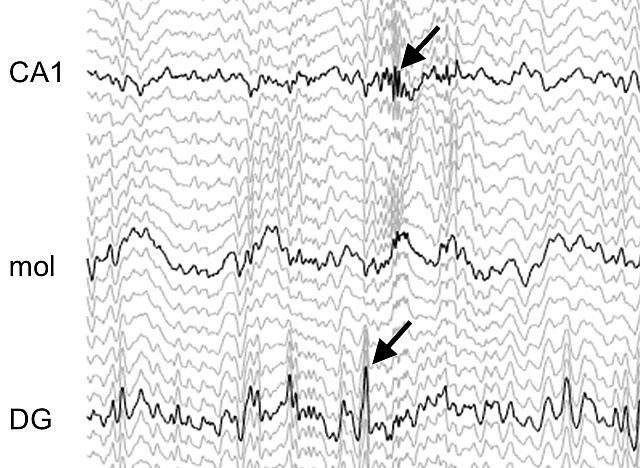Learning and neural plasticity - From single neurons to behavior

Overview
Research group description
We use both animal models and human volunteers to study how memories are formed and stored in the brain. We concentrate on the role of the hippocampus as an orchestrator of relational learning in the mammalian brain. More specifically, we study changes in the activity of single neurons and groups of thousands of neurons, and how these relate to adaptation of behavior. We are also interested in the connection between bodily rhythms like respiration and heartbeat and electrophysiological oscillations of the brain, and how this connection then regulates learning. In our research we make use of closed-loop setups where we monitor behavioral, bodily and brain state in real-time and use the information to control experimental manipulations.
Current
Projects
Members
Research group
Group leaders
Members
External members
Suvi-Maaria Lehtonen
Publications
Publications
Methods
Neurophysiology, brain imaging and behavior in rodents
Our facilities at the Laboratory Center are equipped with state-of-the-art tools for recording and manipulating neuronal activity as well as behavior. We specialize in chronic experiments conducted on freely behaving healthy adult rodents. In addition, we routinely perform acute experiments in urethane-anesthetized rodents.

Hippocampal local-field potentials from a rat under anesthesia. Upper arrow points to a sharp-wave ripple and lower arrow points to a dentate spike. Both are important for memory consolidation. CA1 = cornu ammonis 1, mol = molecular layer and DG = dentate gyrus.
Human studies
Currently we are running experiments on healthy young and elderly adults in the EEG lab, studying the connections of respiration phase (inspiration vs. expiration), cardiac cycle phase (systole vs. diastole) and cognition.









